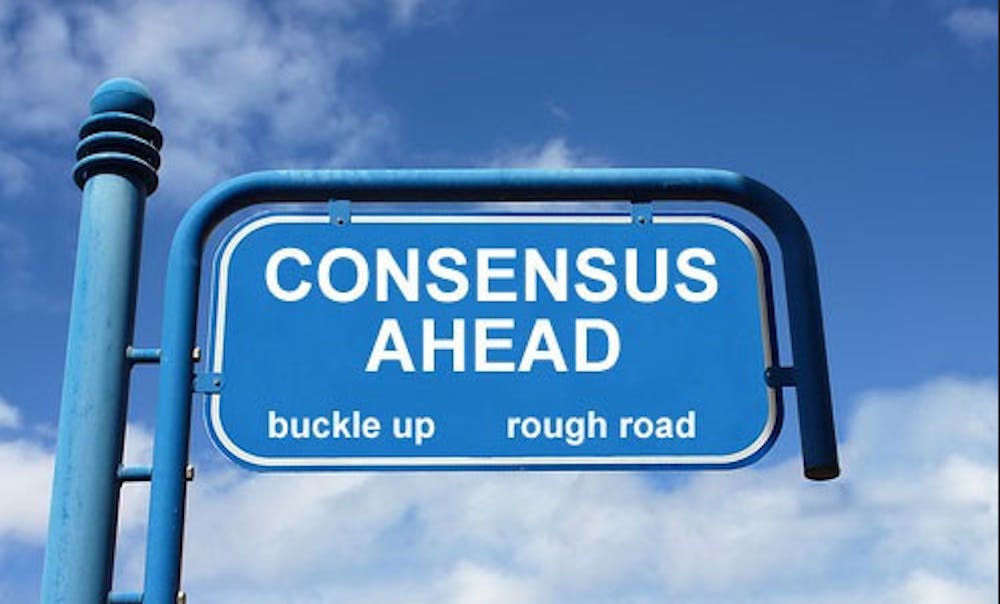Many of us are familiar with the phrase “agree to disagree.” Some of us may consider this phrase to be symbolic of an informed conclusion after a well-reasoned discussion. After all, we live in a world where to recognize diversity, including diversity of thought, is considered valuable.
It is indeed true that casting a broad net for ideas and incorporating multiple perspectives enriches discourse. Such an approach enables claims to be tested, ideas to be debated and conclusions to be justified.
However, the decision to accept two outcomes stalls this process of enquiry and leaves various ambiguous outcomes on the table.
While there are certainly instances where ideological differences preclude a single answer, the process of asking “why,” of thinking critically and expansively about the impact and consequences of ideas and action is important. It is easy, even lazy, to claim that our differences in beliefs and ideas should ever protect us from having to explain and justify why we believe what we believe.
It is this very dialectic that challenges norms, that identifies values and that empowers individuals, communities and populations to imagine a brave new future. And as we think critically, it is likely that we find answers that are normatively superior.
The presence or absence of a process of critical inquiry is the border between neutrality and mediocrity, between difference and ignorance. In our desire to find consensus and to talk about (and avoid offending) feelings, we have too often fallen short of giving our ideas and beliefs the time and thought they deserve.
Practically, this has manifested in the differentiation of safe and brave spaces, creating separate spheres where we can choose whether to opt out or to engage. The concept of a safe space is appealing. It would be largely unpopular to deny any individual the ability to share their views without judgement. Yet, the definitional distinction between safe and brave spaces may also be an arbitrary one.
We must ask why spaces cannot be safe and brave at the same time. Why is it that hard to accept that ideas can be critically engaged with in a place where individuals feel safe? An unfortunate outcome of differentiating the two has been that we have come to see them as separate without thinking about how we can merge them together.
It is neutrality and not consensus that we should seek: respect regardless of agreement, empathy over judgement. This is not the equivalent of “agreeing to disagree.” It is a commitment to be open-minded about the issues and ideas at hand. To discuss with the intent of defending positions while being open to changing them if another is shown to be superior.
It is the process of advancing understanding and pursuing truth; a commitment to neutral spaces, more so than safe, safer, brave or braver spaces, is what will save us from the trap of mediocrity, from being mere mirrors of the dominant thoughts of the day. We are intelligent beings, surely we can think for ourselves.
We live in an era where false claims and “alternative facts” have become normalized in discourse. Neutrality, openness and the willingness to consider and evaluate all potential claims will protect us against the polarization of opinions and thought. It is this type of protection that we truly need and not protection against all thoughts which differ from our own. Only then will we be able to consider the practical consequences of our ideas and beliefs and find the best ones out there in a true idea meritocracy.
Tommy Koh is a senior majoring in political science, psychology and social policy. He is from Singapore.





